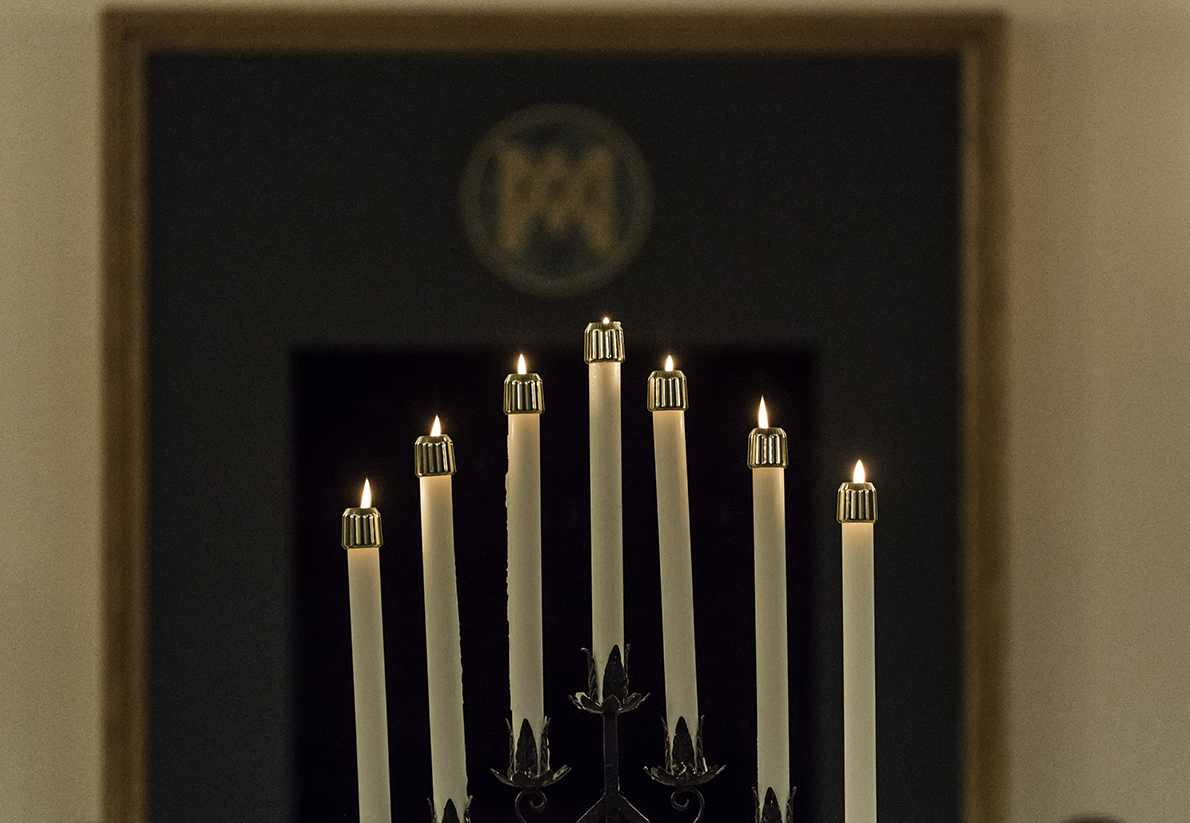
Tenebrae: Hope in the Darkness
As we enter Holy Week, we gather to meditate on the narrative that will unfold with intensity and drama in the coming days. In the Tenebrae prayer service, usually held on the eve of Holy Week, darkness becomes a symbolic representation of the context in which the passion and death of Christ occurs, a darkness that will eventually be broken by the light of Christ’s sacrifice on the cross. This darkness seems overwhelming, brutal, menacing, and leading to despair. But this darkness, which all of us have experienced at some point in our lives, and may even be experiencing now, turns our attention to the light of Christ, to Christ our hope.
The Jesuit priest, Father Alfred Delp, is a powerful witness to this truth. Arrested by the Nazis and eventually killed by them in 1945, Father Delp wrote a series of reflections while in prison which were eventually published under the title “The Prison Meditations of Father Delp.” In one place he writes: “Darkness shall not frighten us or distress wear us out; we will go on waiting, watching and praying until the star rises.”
And in another place: “When through one man a little more love and goodness, a little more light and truth comes into the world, then that man’s life has had meaning.”
Jesus Christ is that man through whom more love and goodness, more light and truth has come into the world and his life helps us not to be frightened by those periods of darkness or distress that can at times seem to overwhelm us. The witness of Christ’s sacrifice on the cross enables us to go on waiting and watching and praying until we experience resurrection and eternal life.
Please join me in prayer for and with the entire Theological College community during this mysterious time of Christ-filled solitude, as we greet the light of the Lord’s mercy for us and for the whole world, especially those suffering from anxiety, illness, and bereavement.
–Rev. Gerald McBrearity, P.S.S. (’73)
Rector
